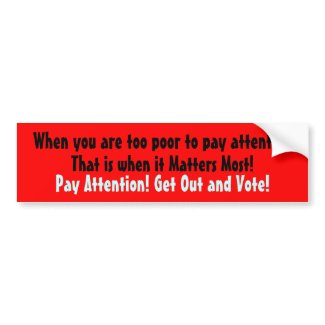Instead of rambling more in this post, I will just add links. MAN! The Links! (All may not agree with my conclusions, but data is data worth reading every analysis)
Here is a link : http://mercatus.org/publication/spending-under-president-george-w-bush
"In fact, President Bush increased government spending more than any of the six presidents preceding him, including LBJ. In his last term in office, President Bush increased discretionary outlays by an estimated 48.6 percent."and another : http://www.dkosopedia.com/wiki/Data_on_Spending_by_President
"Fifty years ago, the Republicans were mildly interested in keeping government small and efficient. For example, Eisenhower and Nixon both reduced the size of the government slightly. That all ended with Ford. Since Ford, it seems as if the two parties have traded places: the Republicans are enlarging the government rapidly, and the Democrats are trying to keep spending down."and again : http://www.cbpp.org/cms/index.cfm?fa=view&id=3036
"Some critics continue to assert that President George W. Bush’s policies bear little responsibility for the deficits the nation faces over the coming decade — that, instead, the new policies of President Barack Obama and the 111th Congress are to blame. Most recently, a Heritage Foundation paper downplayed the role of Bush-era policies. Nevertheless, the fact remains: Together with the economic downturn, the Bush tax cuts and the wars in Afghanistan and Iraq explain virtually the entire deficit over the next ten years."and here : http://cedarcomm.com/~stevelm1/usdebt.htm
"For the mathematically inclined, if you take the first derivative of the data presented to find the slope of each President’s debt increase, you will find that the Republican slopes are consistently more positive than the Democratic slopes. For everyone else, this just means that unbiased mathematical proof exists to support the claim that since 1945, Republican presidents have borrowed more than Democratic presidents regardless of the inflation rate"
"Since 1938 the Democrats have held the White house for 35 years, the Republicans for 36. Over that time the national debt has increased at an average annual rate of 8.5%. In years Democrats were in the White House there was an average increase of 8.3%. In years the Republicans ran the White House the debt increased an average 9.2% per year. Those averages aren't that far apart, but they do show a bias toward more borrowing by Republicans than Democrats even including World War II."and http://jimcgreevy.com/gvdc/Natl_Debt_Chart.html
"Compare these numbers with the HUGE, UNPRECEDENTED INCREASES in the National Debt that both George Bushes (and Ronald Reagan) have created! Since Ronald Reagan promised to reduce the National Debt (he must have had a lot of laughs over that joke), THE NATIONAL DEBT HAS INCREASED MORE THAN TEN TIMES OVER!!!"and http://advisorperspectives.com/dshort/updates/Debt-Taxes-and-Politics.php?federal-debt-to-gdp-politics-update
"As the chart clearly illustrates, the tax cuts in the early 1980s coincided with the beginning of an acceleration in real federal debt from a relatively consistent level over the previous three decades."... wow... these are awesome!!!
and a final link - Read This.
My conclusion : By all that is Good, by all that is Right and Just, by all that is Rational and Reasonable, by all that is Economically Positive - Don't Vote Republican in 2012!!




